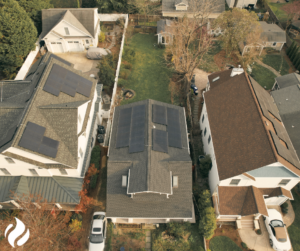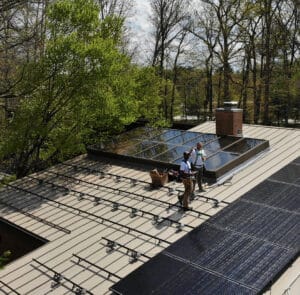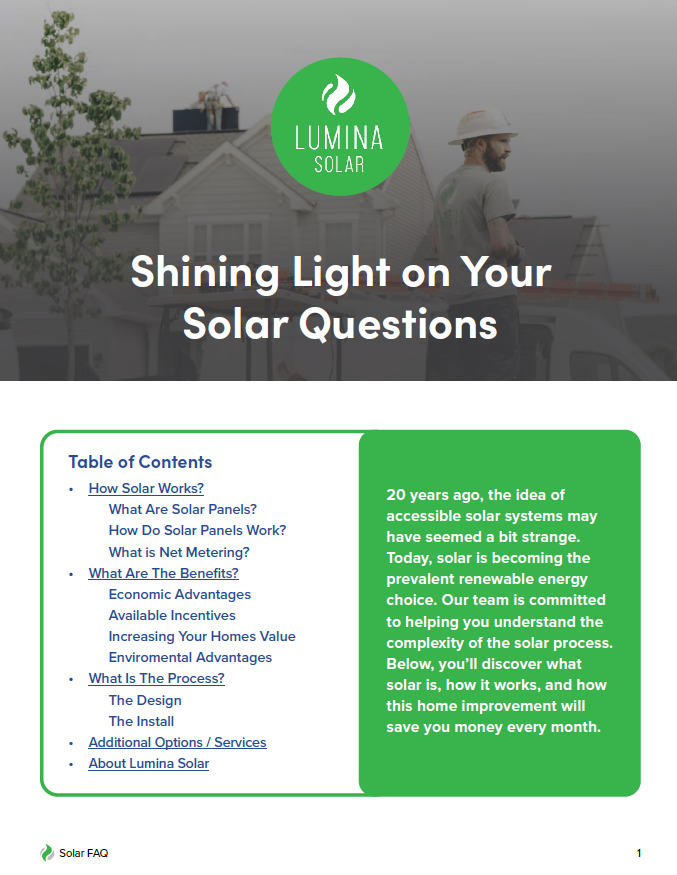Solar Tax Benefits in Anne Arundel County As tax season...Read More

What Are Solar Incentives?
Solar incentives are offerings by governments at the federal, state, or local level meant to encourage the adaption of green energy. Many states and localities have pledges to reach carbon neutrality within a certain timetable, but recognize that government infrastructure alone may not be enough to meet targeted goals. As such, they offer incentives to home and business owners who embrace green energy to help lessen the barrier to transitioning.






